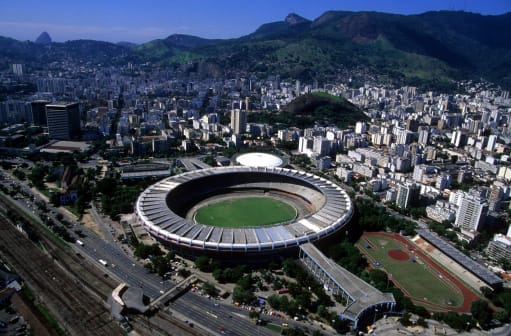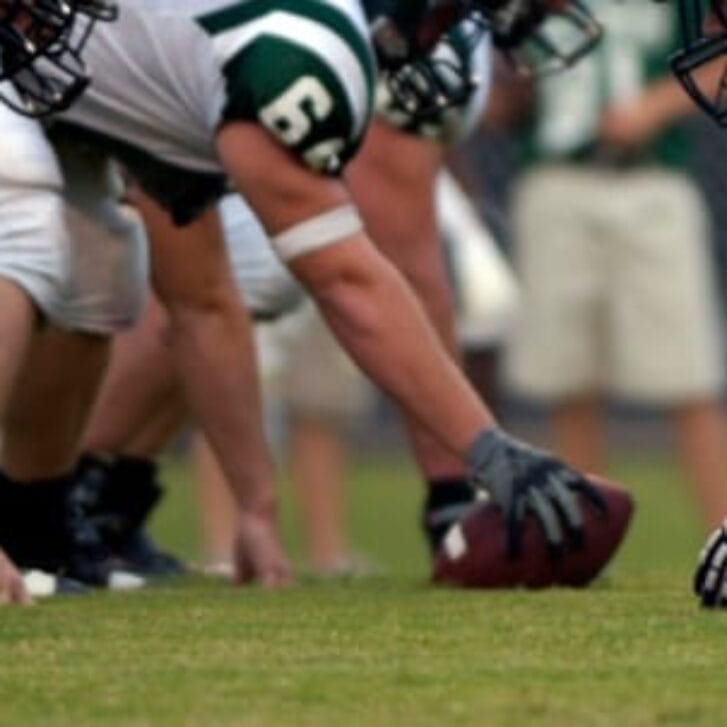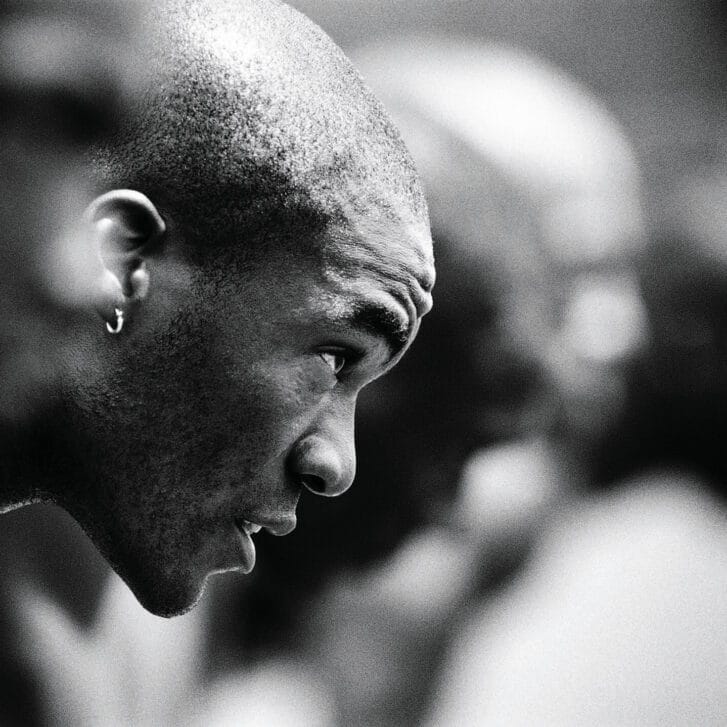Later this month I head to São Paulo to give a talk at a conference to 200 Brazilian business people about how to elevate their brands in Brazil’s coming “decade of sport.”
Brazil will host the World Cup in 2014 and the Olympics (in Rio) in 2016. In preparing the talk I find myself trying to find ways to convey that these events are “only” one-month and two-week sporting events, respectively.
I first experienced a massive global sporting event during the 1984 Olympics in Los Angeles, where I worked as a lawyer on sponsor and licensing deals. In focusing on global sporting events in the years since then it has become clear to me that there are plenty of opportunities to capitalize on a sporting event taking place in your backyard without making formal sponsorship buys. In some cases, a focus on hospitality alone may be enough. In other cases, just priming your business for the onslaught of visitors is more than enough.
The bigger issue that I won’t focus on in this talk is the legacy that these events will create. The organizers should have an ongoing focus on the infrastructure and financial legacy that will be left behind for those millions in Brazil who will not be able to attend a single event. While good intentions are stated in the bidding for these events, they often dissipate by the time they actually arrive.


























